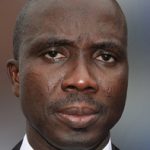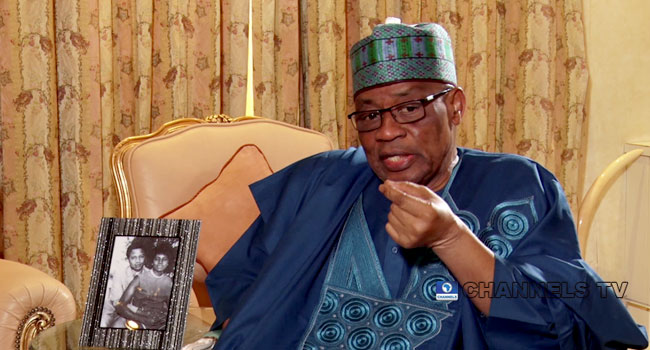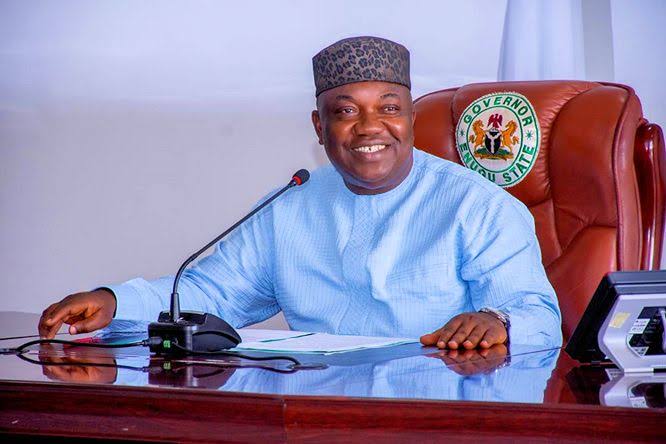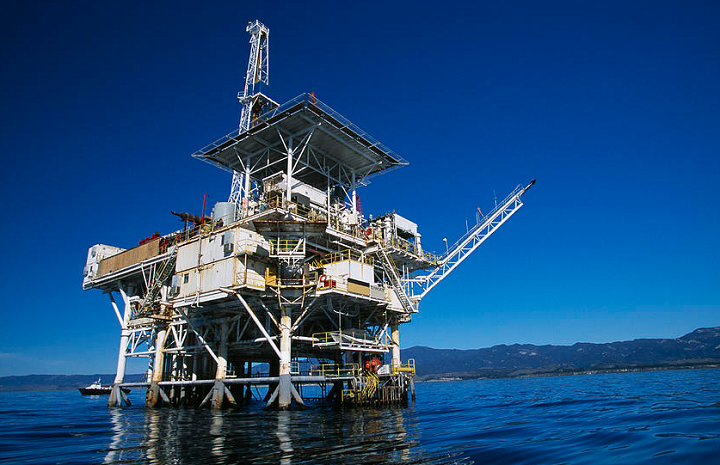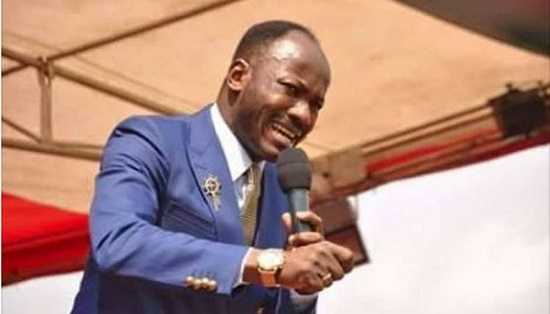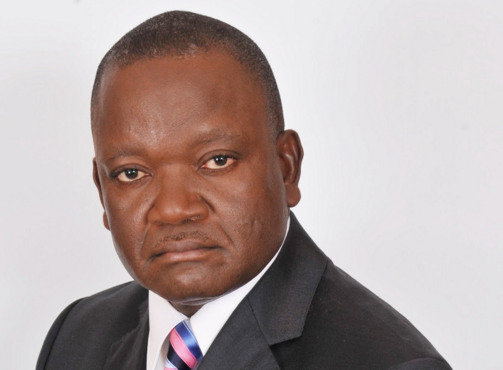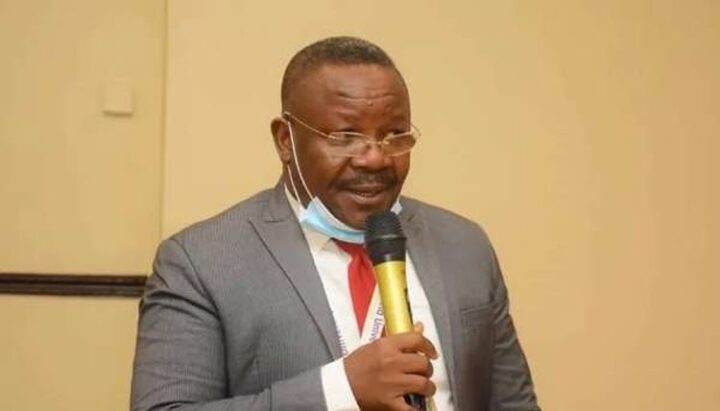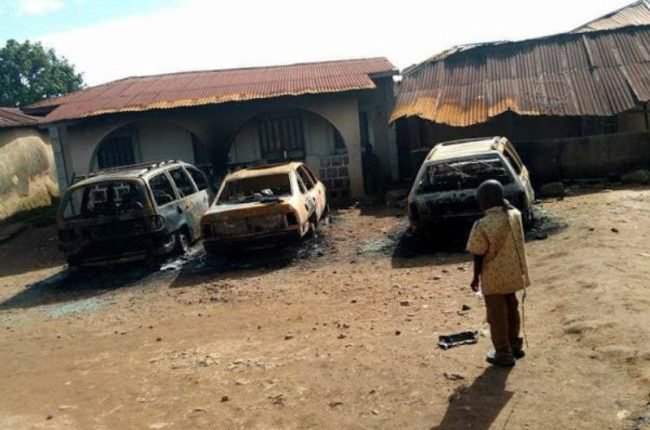IBB
“A President must play many roles, including Administrative Director, party head, Commander-in-Chief, number one Diplomat, spokesman for social justice, a friend of business and labour, and moulder of the federal judicial system. He is also a moral example to his people, one whose office commands and enables him to set the standard of ethics and excellence for all” – James David Berber in The Presidential Character.
One of the issues presently dominating political discourse is the interview granted by former military President, General Ibrahim Babangida to the fast-growing television station, Arise TV, few days to his 80th birthday on August 17. In the interview, General Babangida seems to set the parameters to be met by the next President of Nigeria. He believes the post-2023 President must be in his 60s, must have good knowledge of the economy, and must have friends or associates across the country.
In essence, the General envisaged a President who is not hampered in the performance of his job by age, defects of not knowing what to do with the collapsing economy of the country, and limited knowledge of the vast Nigerian space and the diversity of the people resident there.
Since the Babangida interview was aired, many public commentators in the media have been discussing who and who among the likely presidential materials that abound in the country fit the bill and satisfy the requirements. However, knowing Babangida for who he is – an experienced soldier and statesman, he has only set an agenda. The parameters he identified for the would-be President are not exclusive. They are not the only ones the next Nigeria leader must meet. The Minna-based General wants Nigerians to begin to interrogate the issues confronting the country today which the next President must lead in finding solutions to and who are the people suitable for the job.
Advertisement
He wants Nigerians, particularly the elite, opinion leaders, and leaders of thought, to expand on his own perspective and begin to sketch a picture of what type of post-Buhari leader Nigeria needs to lead it out of the present logjam of insecurity, economic crisis, high level of poverty, youth unemployment, and massive corruption. Babangida wants Nigerians to start identifying more virtues and qualities of the next President, the values he must hold dear, the background he must have had, and the vision of future Nigeria that he sees in his head.
If the words of James David Berber quoted above are to be taken serious (and I think he is dead right) about the various roles a modern-day President of any country should play, then it means such a man or woman must really be prepared to multi-task, know a lot about almost everything, be able to identify the fellow citizens across the country and the globe who can assist him to translate his vision for the country into reality.
Such a President must be a bridge-builder so that he can use his relationship or contacts with people across all the states of the country to weld together the disparate tendencies and build an army of patriots or believers in a united, great, and developed Nigeria. He should be a man who truly sees Nigeria as one country and is passionate about the development of the country. He sees no Igbo, Hausa, Kanuri, Kalabari, Efik, Yoruba, Nupe, Shuwa Arab, Urhobo, Itshekiri, or Fulani. Rather, he sees a united Nigeria in all issues and the interest of Nigeria and Nigerians. He does not care about how a man or woman in the country worships his or her God, provided it is done in a lawful manner.
Advertisement
The next President of Nigeria must be somebody who in the Lagos street lingo has ‘signed’. A man who has ‘signed’, is one who does not care about what obstacle is between him and his objectives of transforming the country. He goes all out to tackle the problems confronting Nigeria. He must be somebody who is so energetic that he is able, ready, and willing to put in ‘25 hours a day into working for Nigeria and working on Nigeria’s problems.
The next Nigerian President must be one who can identify that the insecurity facing the country must be immediately eliminated and he pulls all strings, presses the pedal to put the vehicle at the topmost speed possible towards achieving peace and restoring sanity.
The next President must be a doer, the one who sits with the experts and the policy implementers to ensure that the solution must be found to a problem otherwise nobody moves an inch or have a rest. He must be a policy wonk. He must develop a knack for monitoring the progress of the implementation of policies and programmes at every point. The next President must be one who gives assignments and the person so assigned knows his progress is being closely watched and that he must be ready to give account at every point.
Thus, the delegatee knows that the power given to him has not been abdicated or abandoned. He will be held accountable and responsible by the delegator. We need a President who can sit comfortably with professionals in all the fields identified by James Berber above and exchange ideas with them, learn from them, put them to task, confidently evaluate how much they have keyed into the vision, mission, and philosophy of the administration. Thus, he must be somebody who can comfortably sit with the bureaucracy and other administration officials, the military, Party apparatchiks, diplomatic community, the civil society organisations, the organised private sector and the informal sector of the economy, the organised labour, the functionaries in the justice system, professional bodies, youths, women, students and have meaningful, fruitful and frank exchange with them.
Advertisement
The next Nigerian President must not be one who is still keen on making money or acquiring wealth. He must be somebody who is hungry to leave a good legacy. He should be somebody who is eager to be remembered for some worthy achievements like being the one whose administration achieved an economically strong, buoyant, and prosperous Nigeria. He seeks to be put in the category of men like Mahathir Mohammed (Malaysia), Lee Kwan Yu (Singapore), Sheikh Maktoum (United Arab Emirates), Paul Kagame (Rwanda), Seretse Khama (Botswana), Navin Ramgoolam (Mauritius), and many others.
Nigeria’s next leader should be basically a man ready to work on the economy. He must seek to put the Nigerian youths to work. He must think out of the box on how to introduce policies aimed at re-inventing commercial agriculture production, export promotion, food sufficiency, empowerment of small scale industry operators, protecting and creating patronage for Made in Nigeria products/services, and introducing measures that will save the Naira against the dollars and other world currencies.
The President Nigeria needs now is one whose focus is on creating jobs, saving the lives of the people, giving all Nigerians a sense of belonging, uniting the country, plugging the various loopholes through which funds in the country’s purse is being pilfered, and eliminating wastage in the utilisation of the nation’s resources. The next leader should actually be in charge of the country, must be a good listener, a visionary, competent, compassionate, and hands-on leader. He should be a commander-in-chief who leads the war from the front.
It is in view of my above perspective on the qualities and virtues that the next Nigerian President should possess that I decided to revisit some of the views of earlier scholars and philosophers on the qualities of a good leader and how they apply to Nigeria. In The Republic, Plato identified several values of a leader. I find two of them relevant to the present Nigerian situation. Those are courage and temperance. A Nigerian President post-2023 must be one who can take tough decisions, not minding whose ox is gored, provided he is acting in the overall interest of the country. He must be ready to confront the principalities and centrifugal and centripetal forces that seek to hold the nation perpetually down.
Advertisement
In his book, Politics, Aristotle also mentioned that a leader must have moral and intellectual virtues. I am more fascinated about the intellectual virtue which is encapsulated in the leader being prudent and “concerned about the welfare of others”. If a leader is prudent in the management of national resources or the commonwealth, it will help the country to do so much for the benefit of the people with very little.
Writing about Marcus Cato, the Roman ruler as a model of what a leader should be, Plutarch noted the virtues of generosity, humility, and honesty. True, a leader should be generous with his own resources, not the commonwealth. With the enormous powers conferred on the Nigerian President by the constitution and political convention, a situation which makes some people refer to him as the most powerful compared to other leaders, he should also be humble and honest with the people.
Advertisement
In a similar vein, Tacitus whose model of a leader in the Roman Governor, Agricola, wrote that a leader should be brave, energetic, tactful, dignified, and austere. He seems to agree with Babangida about the next Nigerian President not being an old man as age reduces the physical energy available to a leader. From Desiderius Erasmus’s recommendations of the values a leader must possess, one finds the virtue of magnanimity and wisdom as very relevant in who the next Nigerian President should be.
David Berber further identified intelligence, experience, political skill, attentiveness, absolute devotion to the national cause, and being a team player as other attributes needed for a modern-day leader. Within these values and virtues identified by these scholars are the essential requirements or prerequisites that the post-Buhari Nigerian President should have to run an effective government, provide efficient leadership and lead in charting a clear path for the country out of the present cul-de-sac.
Advertisement
The rest is left for the electorate to decide. Will these values come into consideration even as party delegates vote for aspirants to fly the party flags in the presidential election? Will the elite and party oligarchs who take decisions on who the political parties field as flag earners in the presidential election consider all these qualities itemized above? Will the voters shun the lure of lucre, rice, salt, Ankara and Sheddah materials, vegetable oil, and other gift items that politicians use to confuse and induce them to cast their vote and decide in favour of a good candidate with a majority of the time-tested qualities identified above?
While the answers to the above questions remain in the womb of time, the future of our dear country also hangs on what the answers turn out to be.
Advertisement
Olaniyonu writes from Abuja.
Views expressed by contributors are strictly personal and not of TheCable.
